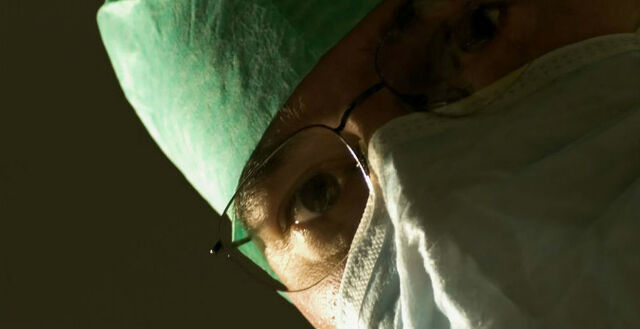
Football coaches often call a time out right before a big play, to make sure they have all the players and plans in place to prevent a serious error in execution. Time outs are also essential in preventing serious surgical errors that can be catastrophic for patients.
Mistakes made during surgery are some of the most dangerous medical errors. They include:
- Operating on the wrong patient
- Operating on the wrong part of the patient’s body (wrong-site surgery)
- Performing the wrong surgical procedure
“Never” Events
Any of these surgical errors can result in life-altering consequences for patients and their families. The harm can be so disastrous the above surgical errors have been labeled “never events” by the National Quality Forum. Never events are medical errors so potentially catastrophic – and typically preventable – that they should never happen.
Yet serious surgical mistakes happen frequently. According to The Joint Commission, a hospital accrediting agency, wrong-site surgery errors occur 40 times every week.
Surgical errors often are caused by miscommunication among surgical team members or poor planning prior to surgery. To help foster better communication and avoid serious mistakes in the operating room, The Joint Commission developed its “Universal Protocol” for surgery.
Preventing Surgical Errors
This protocol includes three steps that surgical teams should take before and during a procedure to ensure they are operating on the correct patient and the right body part, for example.
The first step is a process prior to surgery that:
- Verifies the correct procedure, the correct site, and the correct patient
- Identifies all the items the surgical team requires for the procedure
- Confirms the surgical teams have all the pertinent information needed to perform the procedure safely
The second step is to clearly mark the correct surgical site of the patient’s body. The patient should be involved in this process, when possible.
The third step is to conduct a surgical time out. This should be held just prior to beginning a surgical procedure and called by a designated member of the surgical team. During the time out, surgical team members – surgeon, anesthesiologist, nurses and others – should communicate to ensure that the team is operating on the right patient, that the correct surgical site is marked, and the correct procedure is confirmed.
The surgical time out is vital to preventing serious surgical errors, so much so that the Association of peri-Operative Registered Nurses (AORN) established “National Time Out Day,” which this year was June 8.
AORN cites a sizeable rise in wrong-site surgical errors over the last three years as a reason for conducting National Time Out Day. One cause for this surge, according to AORN, is surgical teams may rush through procedures to catch up with backlogs created by the COVID-19 pandemic.
All medical patients should receive a standard level of care. This is especially true for surgical patients, as any mistake made during an operation can be life-threatening. A surgical time out to ensure all proper plans, people and resources are available, is a key part of that expected care.
If you were seriously injured or a family member died as a result of an error during surgery, speak with a personal injury lawyer about your legal rights to just compensation from all negligent parties.
The choice of a lawyer is an important decision that should not be based solely on advertisements.
Authored by Gray Ritter Graham. Posted in Blog July 26, 2022.

 RSS Feed
RSS Feed